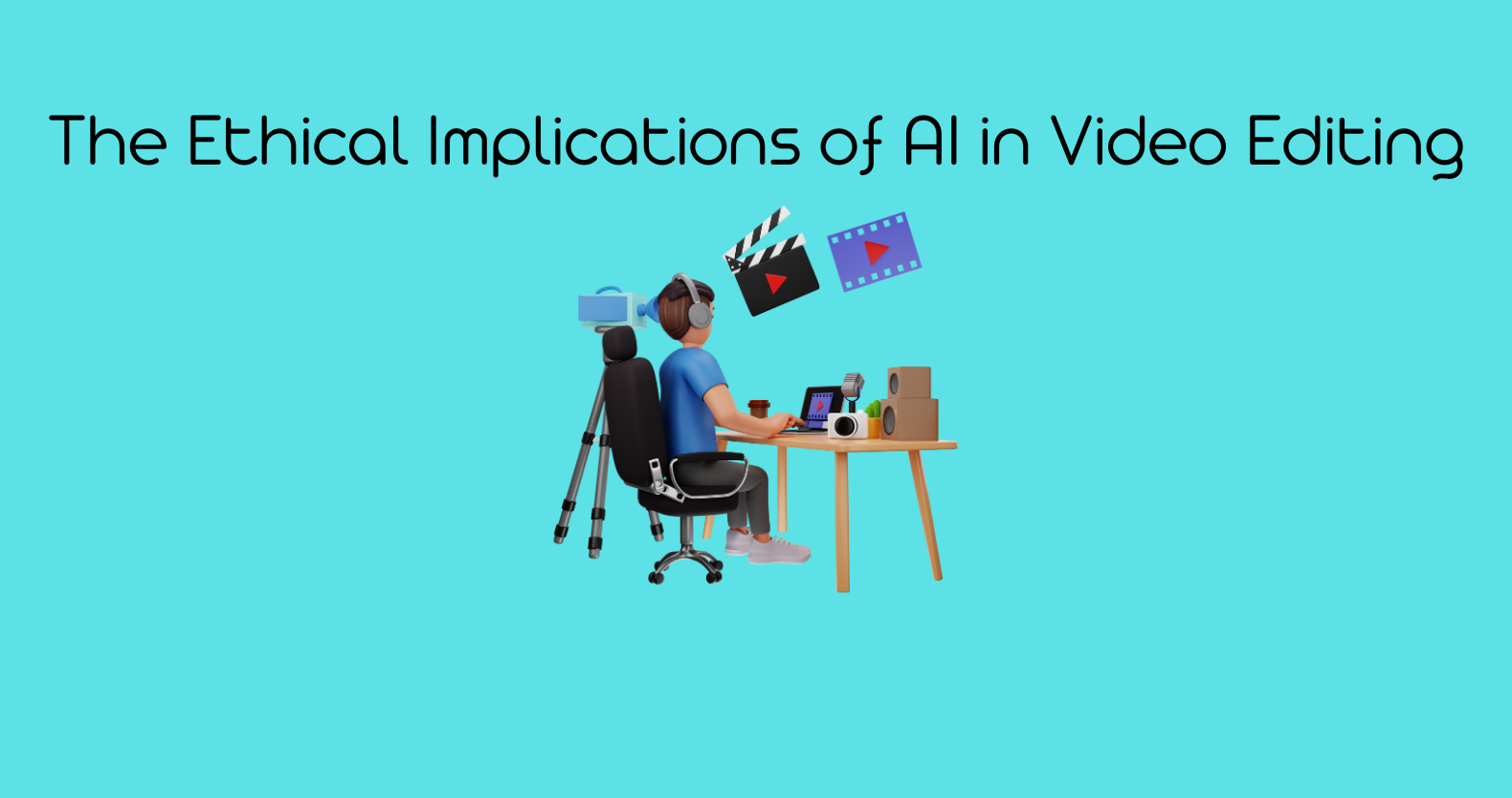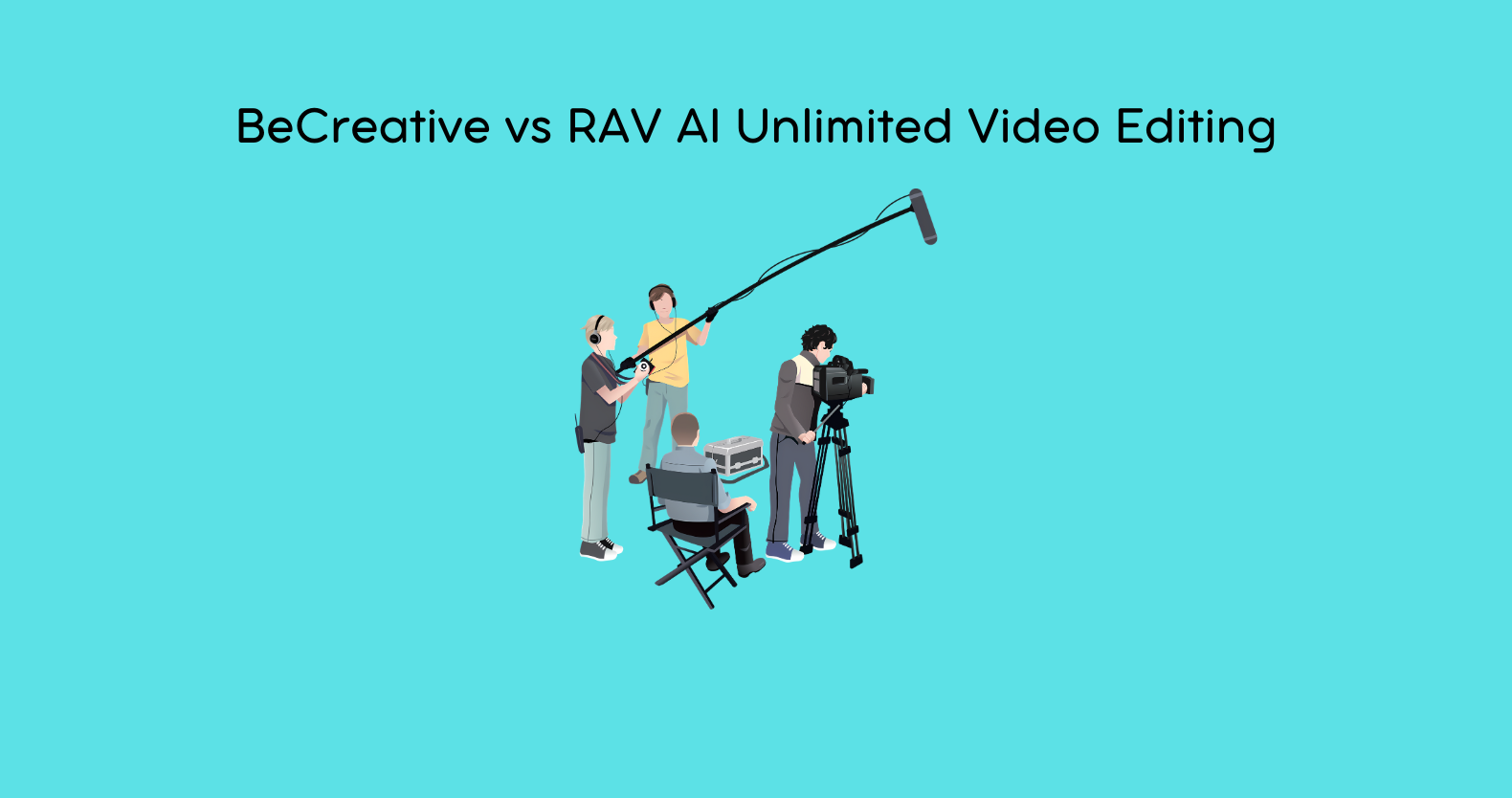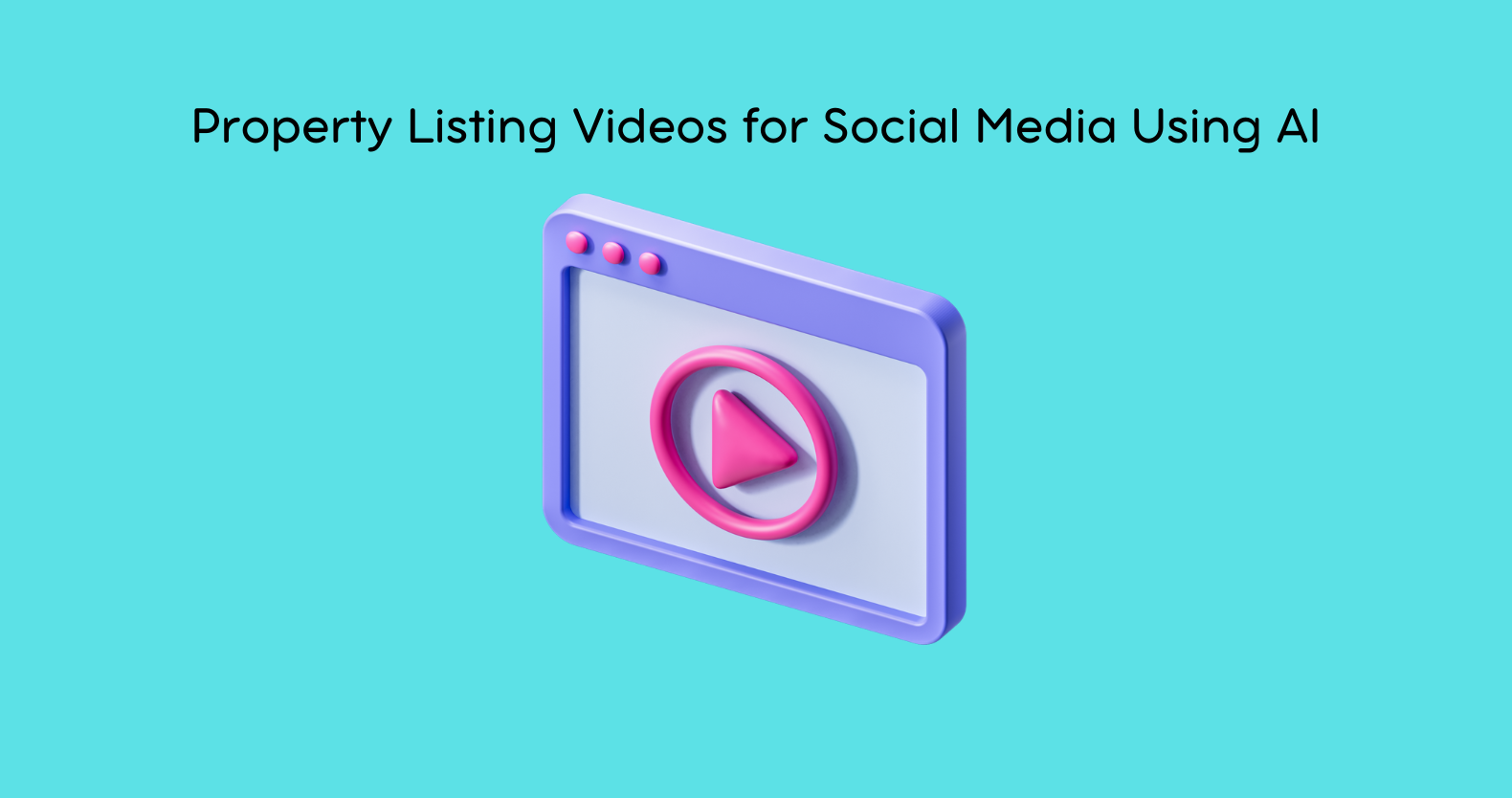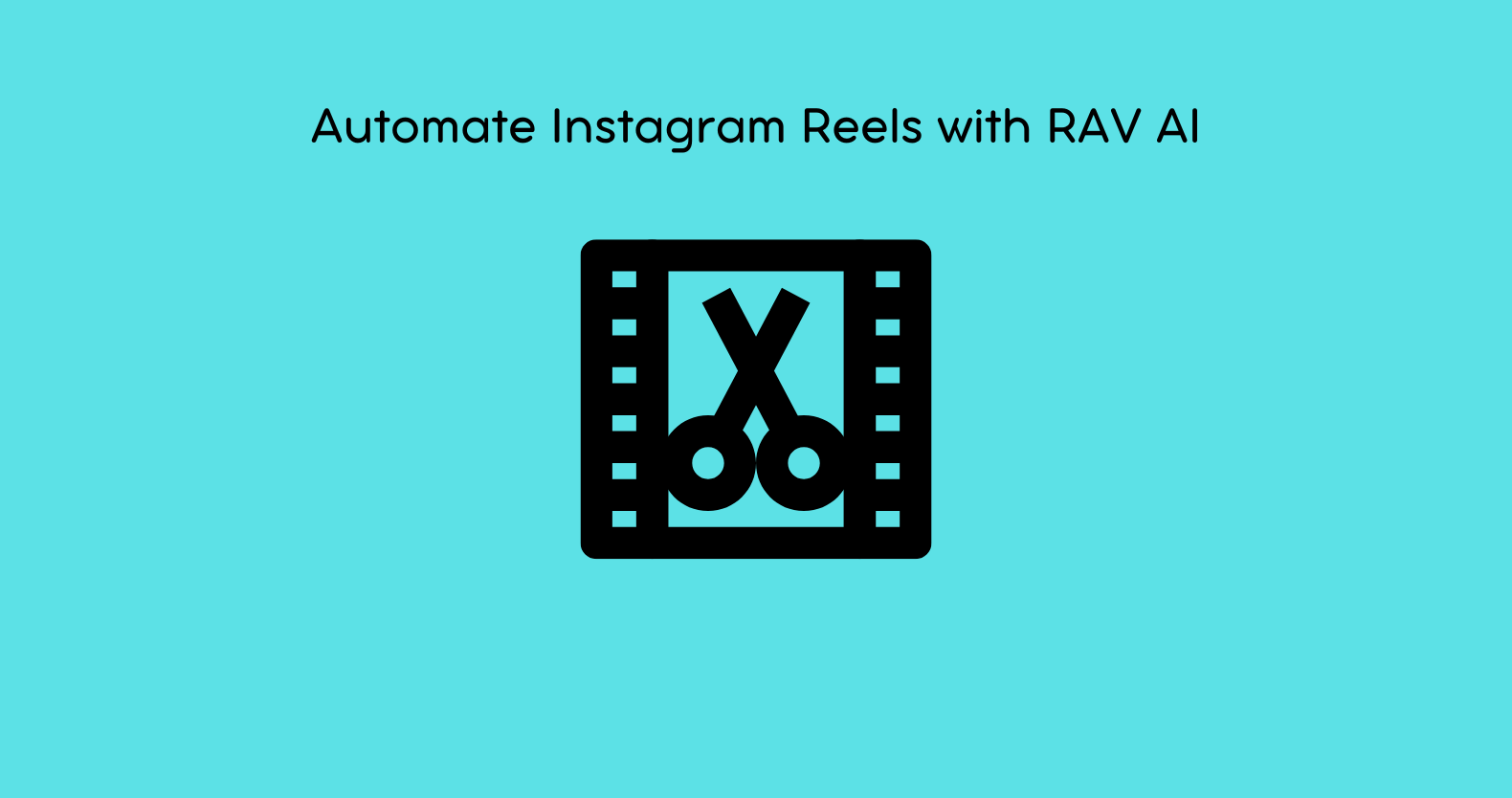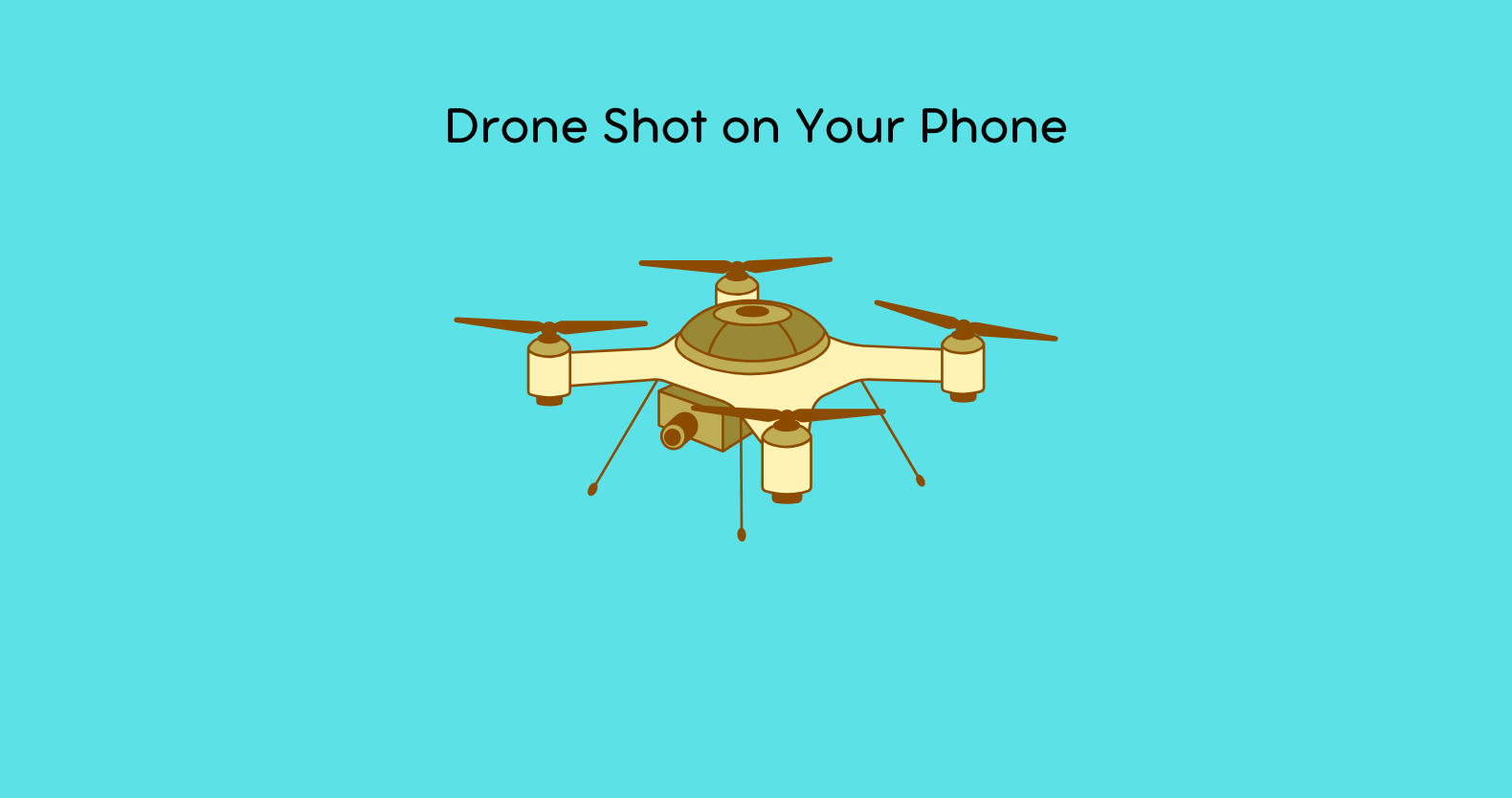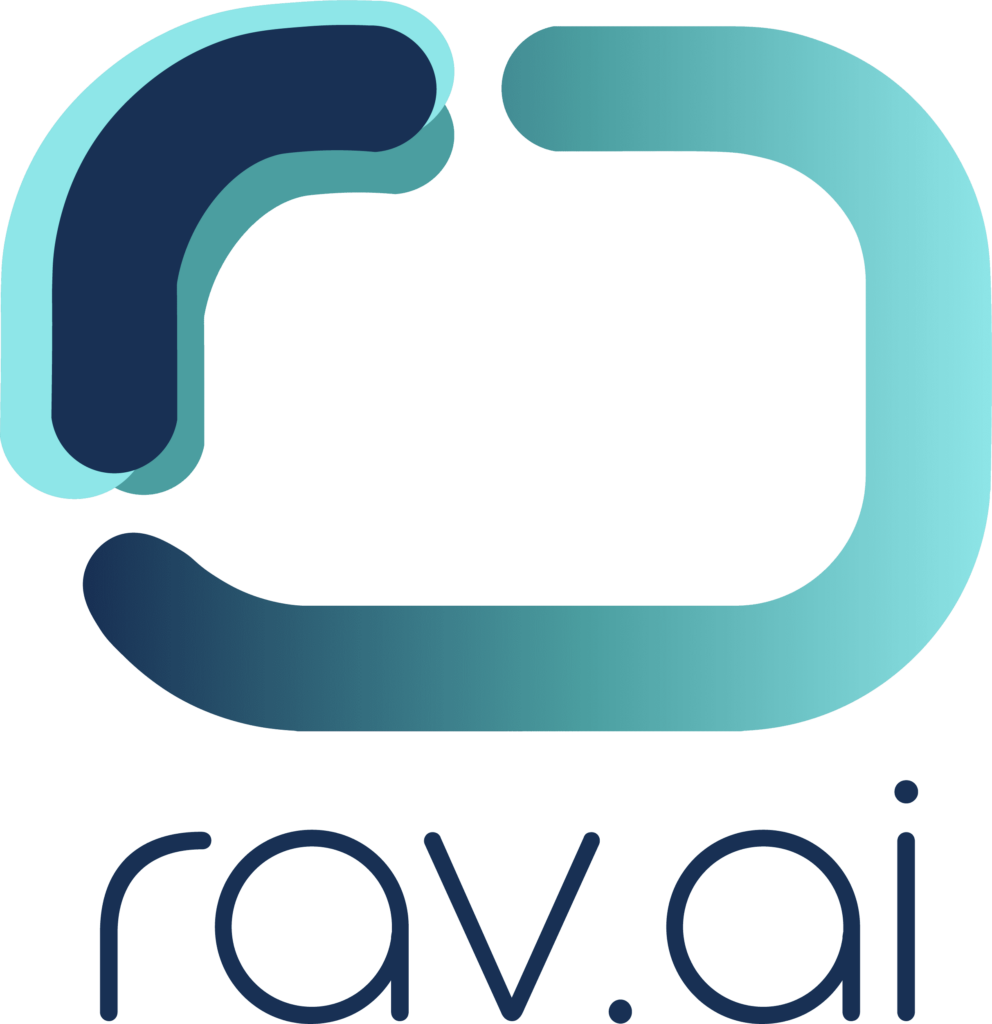Artificial Intelligence (AI) is transforming many industries, including video editing. As AI technology advances, it offers exciting possibilities for enhancing creativity and efficiency. However, it also raises important ethical questions.
This article will delve into the ethical implications of AI in video editing. We will explore how AI impacts video content authenticity, the challenges of misinformation, and the importance of transparency and responsible use. Understanding these issues is crucial for anyone involved in video production and editing.
What Are the Ethical Implications of Using AI?
AI is revolutionizing various fields, each with its unique ethical challenges. Here are five significant areas where ethical considerations come into play:
1. Healthcare
AI is improving diagnostics and patient care, but it also raises concerns about privacy and data security. Ethical AI considerations in healthcare include ensuring patient confidentiality and the responsible use of personal health data.
Additionally, there is a need to address potential biases in AI algorithms that could affect treatment outcomes.
2. Finance
In the finance sector, AI is used for fraud detection and automated trading. However, AI-generated content issues such as algorithmic bias and lack of transparency can lead to unfair practices.
Ensuring ethical AI use in finance involves creating transparent algorithms and maintaining accountability in automated decisions.
3. Employment
AI is automating many tasks, leading to job displacement. Ethical considerations include the fair treatment of workers and the need for reskilling programs. Companies must address the impact of AI on employment to ensure a balanced approach that benefits both businesses and employees.
4. Law Enforcement
AI tools are used for surveillance and crime prediction. This raises deepfake concerns and privacy issues. Ethical AI considerations in law enforcement include protecting civil liberties and ensuring that AI systems do not perpetuate racial or other biases.
5. Education
AI is personalizing learning experiences but also raises questions about data privacy and equity. Ethical AI use in education involves safeguarding student data and ensuring equal access to AI-driven educational tools.
How Will AI Impact Video Editing?
The future of AI in video editing is promising. AI can automate tedious tasks like cutting, color correction, and sound synchronization, allowing editors to focus on creative aspects. AI-powered tools can analyze vast amounts of footage and suggest the best clips, making the editing process faster and more efficient.
Furthermore, AI can help in creating special effects and animations that were previously time-consuming and costly. Despite these advantages, it’s essential to consider ethical implications.
Ensuring transparency in AI editing and maintaining video content authenticity are critical. AI should be used responsibly to enhance the editing process without compromising the integrity of the content.
What Are the Ethical Implications of AI in Video Editing?
1. Video Content Authenticity
AI tools can manipulate videos in ways that make it hard to distinguish between real and fake content.
Maintaining video content authenticity is crucial to prevent the spread of misinformation. Ethical AI use involves setting standards to ensure that edited videos accurately represent reality.
2. Misinformation Challenges
AI can create highly convincing fake videos, leading to misinformation challenges. This can have serious consequences, including influencing public opinion and spreading false information.
Ethical video production requires stringent measures to verify content authenticity and prevent the dissemination of misleading videos.
3. Deepfake Concerns
Deepfakes are AI-generated videos that replace one person’s likeness with another. Deepfake concerns include potential misuse for malicious purposes, such as defamation or fraud.
Ethical AI considerations must address the creation and distribution of deepfakes to protect individuals’ rights and privacy.
4. Transparency in AI Editing
Ensuring transparency in AI editing is essential for maintaining trust. Viewers should be informed when AI tools are used in video production.
This transparency helps build credibility and allows audiences to understand the extent of AI involvement in creating the content.
5. Responsible AI Use
Responsible AI use in video editing involves using AI tools ethically and responsibly. This includes avoiding the creation of deceptive content and ensuring that AI-generated videos are accurate and truthful.
Ethical guidelines and standards should be established to govern AI use in video production.
Rav.ai – A Perfect AI Powered Video Editing Platform
Rav.ai is setting new standards in AI-powered video editing. The platform is designed to be ethically compliant, ensuring there are no issues related to misinformation or deepfake concerns.
Rav.ai provides features like automatic video editing, customization based on user preferences, and seamless integration with various video formats. The platform ensures ethical video production by maintaining transparency and accuracy in its AI editing processes. With Rav.ai, users can enjoy the benefits of advanced AI technology while adhering to ethical standards.
Final Thoughts!
The integration of AI in video editing brings both opportunities and challenges. As technology advances, it’s crucial to address the ethical implications of AI in video editing. Ensuring transparency, maintaining video content authenticity, and promoting responsible AI use are essential steps.
Platforms like Rav.ai demonstrate that it is possible to leverage AI technology while adhering to ethical standards. By focusing on these ethical considerations, the video editing industry can harness the power of AI to create innovative and authentic content. Embracing these principles will lead to a future where AI enhances creativity and efficiency without compromising integrity.

